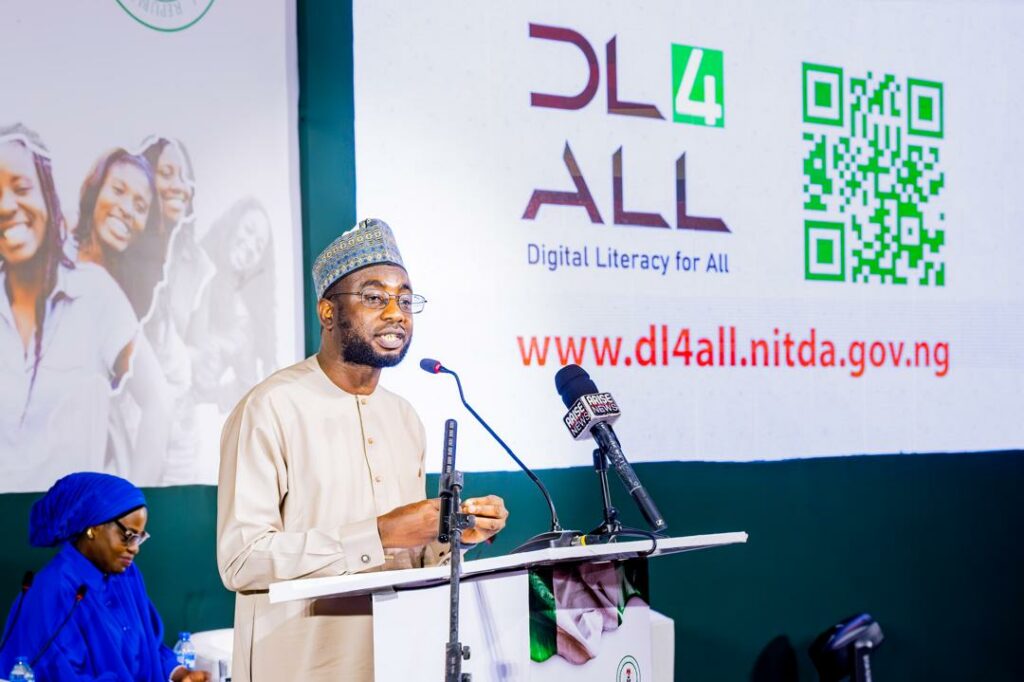The National Information Technology Development Agency (NITDA) has introduced a new Digital Competence Framework aimed at tackling the pervasive issue of brain drain within Nigeria’s civil service. This initiative seeks to enhance the digital skills of civil servants, fostering a more efficient and sustainable workforce while retaining talent in the country.
Strengthening Skills for a Modern Workforce
The Digital Competence Framework is designed to equip civil servants with essential digital skills necessary for navigating the modern workplace. With the rapid advancement of technology, there is an increasing demand for digital proficiency across various sectors, including governance. This framework aims to address the skills gap that has contributed to the emigration of qualified professionals seeking better opportunities abroad.
NITDA, under the leadership of Director-General Kashifu Inuwa Abdullahi, emphasizes the importance of digital literacy in enhancing productivity and service delivery within the civil service. The framework includes a comprehensive curriculum that covers various aspects of digital competence, from basic IT skills to advanced data analysis and cybersecurity. By providing targeted training programs, NITDA aims to empower civil servants, enabling them to perform more effectively in their roles.
Moreover, the initiative recognizes that retaining skilled professionals is crucial for national development. By enhancing the capabilities of civil servants, the Digital Competence Framework seeks to create a more attractive work environment, reducing the incentive for talented individuals to seek opportunities abroad.
A Step Toward Sustainable Development
The introduction of this framework aligns with the Nigerian government’s broader vision of fostering a digital economy and promoting sustainable development. As Nigeria navigates the challenges posed by brain drain, investing in the skills of its workforce is vital for ensuring long-term growth and stability.
The framework not only addresses immediate skills gaps but also encourages a culture of continuous learning and adaptation within the civil service. By prioritizing digital competence, NITDA aims to cultivate a workforce that is not only skilled but also innovative and responsive to the evolving needs of citizens.
In addition to training programs, NITDA plans to collaborate with various stakeholders, including educational institutions and private sector partners, to ensure the framework’s successful implementation. This collaborative approach will facilitate knowledge sharing and resource optimization, ultimately benefiting the civil service and the Nigerian populace.
In conclusion, the launch of the Digital Competence Framework by NITDA marks a significant step toward addressing brain drain in Nigeria’s civil service. By equipping civil servants with essential digital skills, the initiative aims to enhance productivity, retain talent, and promote sustainable development. As Nigeria continues to evolve in the digital age, investing in the capabilities of its workforce is crucial for building a resilient and effective civil service that meets the needs of all citizens.




